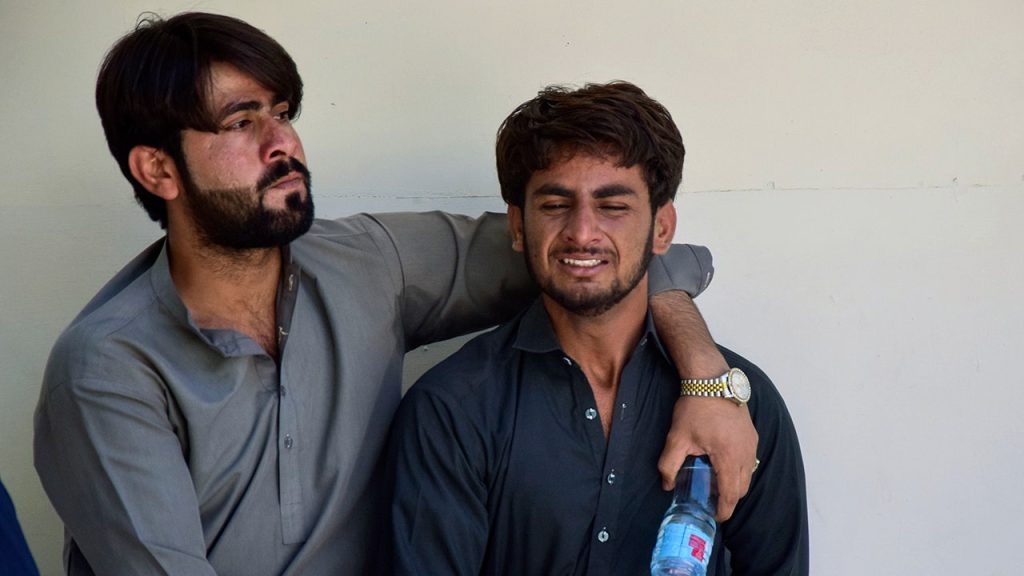A separatist group in Pakistan’s Balochistan claimed responsibility for a series of deadly attacks, killing over 50 people, including civilians. The Balochistan Liberation Army, known for targeting security forces, now appears to be more organized and capable of carrying out larger attacks. The group warned of more intense and widespread attacks to come, while Prime Minister Shehbaz Sharif declared that there would be no peace talks with the insurgents. Interior Minister Mohsin Naqvi stated that they can be eliminated by police, avoiding the need for a large-scale operation.
The attacks in Balochistan are seen as an attempt to disrupt Chinese-funded development projects under the China-Pakistan Economic Corridor, which aims to connect western China’s Xinjiang region to Pakistan’s Gwadar port. The BLA and other militants have targeted Chinese nationals working on CPEC projects in recent years. Witnesses reported that some of those killed in the attacks were ordered off of local transport and shot, adding to the sense of fear and instability in the region. Provincial chief minister Sarfraz Bugti vowed to deal with the insurgents with full force, continuing operations against them.
The situation in Balochistan is further complicated by a long-running insurgency, with separatist groups demanding independence from the central government. The region has been a hotbed of violence and instability for years, with various factions vying for control and using violent tactics to achieve their goals. The attacks in Balochistan have drawn nationwide condemnation and renewed calls for more security measures to protect civilians and infrastructure in the region.
Pakistan’s army also announced that its troops had killed 25 militants in recent days in the country’s northwest near the Afghan border. The shootout resulted in the deaths of four soldiers as well, highlighting the ongoing security challenges faced by the Pakistani military in the region. The presence of militant groups along the border with Afghanistan continues to pose a significant threat to regional stability and security.
The involvement of the BLA in the attacks in Balochistan raises concerns about the group’s escalating capabilities and intentions. The targeting of Chinese-funded projects under the CPEC highlights the economic and geopolitical implications of the violence in the region. The Pakistani government’s stance on not engaging in peace talks with the insurgents indicates a willingness to take a harder line against the separatist groups, potentially leading to more confrontations and violence in the future.
As the situation in Balochistan continues to deteriorate, there is a growing sense of urgency for the Pakistani government to address the root causes of the insurgency and work towards a lasting solution. The deaths of civilians and security forces in the recent attacks underscore the need for improved security measures and a coordinated effort to combat militancy and terrorism in the region. The challenges posed by the BLA and other militant groups in Balochistan are likely to persist, requiring a comprehensive and sustained response from the authorities to restore peace and stability to the troubled region.


